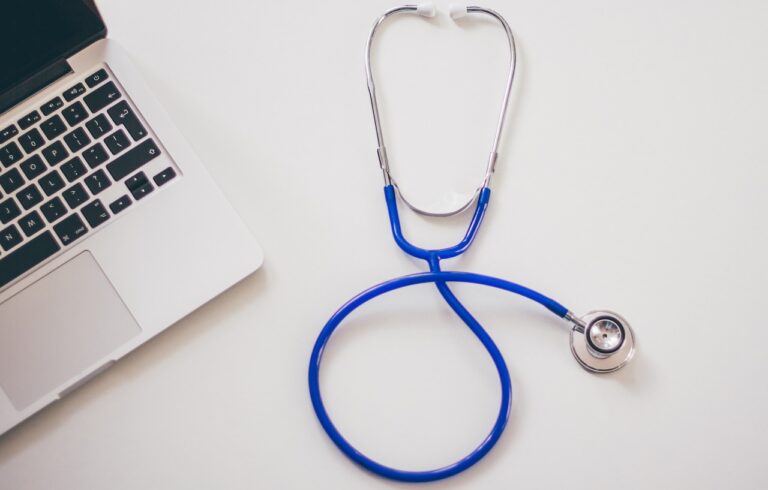The Connection Between Social Media and Mental Health
laser book, silverexch, 11xplay reddy login:Social media has become an integral part of our daily lives, with billions of people around the world using platforms like Facebook, Instagram, Twitter, and TikTok to connect with friends, family, and even strangers. While social media has many benefits, such as allowing us to stay in touch with loved ones and access information easily, it also has a dark side that can impact our mental health.
The Connection Between Social Media and Mental Health
In recent years, there has been growing concern about the impact of social media on mental health. Research has shown that spending too much time on social media can have negative effects on our well-being, leading to feelings of loneliness, anxiety, depression, and low self-esteem.
One of the main reasons why social media can be detrimental to our mental health is the constant comparison it encourages. When we scroll through our feeds and see picture-perfect images of our friends, family, and influencers living seemingly perfect lives, it can make us feel inadequate and unhappy with our own lives. This phenomenon, known as social comparison theory, can lead to feelings of jealousy, insecurity, and low self-worth.
Moreover, social media can also contribute to feelings of loneliness and isolation. While social media allows us to connect with others easily, these connections are often superficial and lack the depth and intimacy of real-life relationships. Spending too much time on social media can take away from face-to-face interactions and meaningful connections, leading to feelings of loneliness and disconnection.
Another way in which social media can impact our mental health is through cyberbullying. Social media provides a platform for individuals to hide behind screens and engage in harmful behaviors like bullying, harassment, and spreading rumors. Being a victim of cyberbullying can have serious consequences for mental health, leading to feelings of shame, guilt, and even suicidal thoughts.
Furthermore, the constant notifications, likes, and comments that come with social media can create a cycle of addiction and reinforce unhealthy behaviors. The dopamine rush we get from receiving likes and comments on our posts can lead to compulsive checking of our feeds and increased time spent on social media, which can have negative effects on our mental health and overall well-being.
Amidst these concerns, it is essential to be mindful of our social media usage and its impact on our mental health. Setting boundaries and limits on our screen time, taking breaks from social media, and curating our feeds to include positive and uplifting content can help mitigate the negative effects of social media on our mental health.
FAQs
1. Is social media inherently bad for mental health?
Social media itself is not inherently bad for mental health. It is how we use social media and the amount of time we spend on it that can impact our mental well-being.
2. How can I use social media in a healthy way?
To use social media in a healthy way, it is important to set boundaries on your screen time, take breaks from social media, and curate your feeds to include positive and uplifting content.
3. What should I do if I am experiencing negative effects from social media?
If you are experiencing negative effects from social media, such as feelings of loneliness, anxiety, or depression, it is important to reach out to a mental health professional for support and guidance.
4. Can social media have any positive effects on mental health?
While social media can have negative effects on mental health, it can also have positive effects, such as providing a platform for connection, support, and information-sharing. It is all about finding a balance and using social media mindfully.
5. How can I protect myself from cyberbullying on social media?
To protect yourself from cyberbullying on social media, it is important to block or report any individuals engaging in harmful behaviors, set your accounts to private, and reach out to a trusted friend or adult for support.
In conclusion, the connection between social media and mental health is complex and multifaceted. While social media can have many benefits, it is crucial to be mindful of its potential negative effects and take steps to protect our mental well-being. By setting boundaries, curating our feeds, and seeking support when needed, we can navigate social media in a way that promotes positive mental health and overall well-being.







